Do you have a double kitchen sink that’s clogged with standing water? This can be a big problem, especially if you need to use the sink for cooking or cleaning. This article will show you how to unclog your sink using a few simple techniques. It will also provide some tips on how to prevent your sink from becoming clogged in the future.
Why Can a Double Kitchen Sink Be Clogged?
Double kitchen sinks are more susceptible to clogging due to their multiple drain outlets. This can create an imbalance in the drainage system, with one outlet becoming blocked while another remains open. The majority of kitchen sink clogs occur because of an accumulation of grease, food particles, and other debris that build up over time until it eventually restricts or blocks the flow of water entirely.
Depending on how severe the blockage is, different methods may be used to unclog a double kitchen sink. These include using a plunger or snake, or even chemical-based cleaners like bleach or vinegar. If the clog is severe enough, calling a professional plumber may be necessary to ensure that the issue is resolved properly and thoroughly.
Additionally, it is important to be mindful of what goes down the sink and to regularly clean out any debris or buildup to prevent a clog from occurring in the first place. By taking these precautionary steps, you can help ensure that your double kitchen sink stays clear and functional for years to come [1].
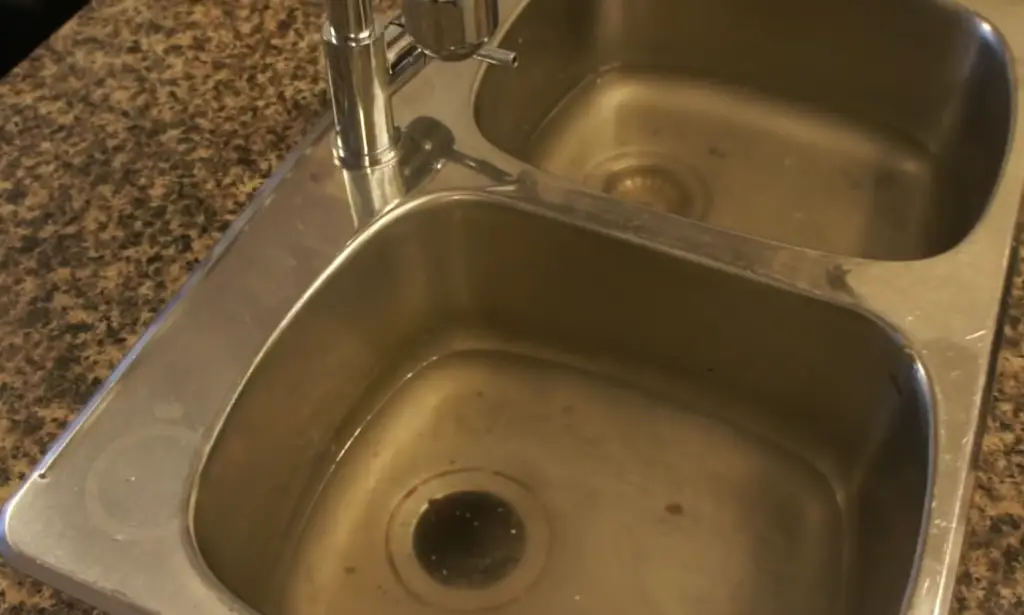
Agents of Clog in Kitchen Sinks
Food Waste
Soap Buildup
Another common agent of clogging in kitchen sinks is soap buildup. Over time, residual soap and cleaning products can accumulate in the pipes, leading to a blockage or slow drain. To prevent this issue from occurring, it’s important to only use biodegradable soaps and detergents that are designed for use in plumbing systems. Additionally, you should periodically flush your sink with hot water and vinegar to help dissolve any existing buildups. If you do experience a clog due to soap residue, try using a plunger or chemical cleaner before calling a professional plumber.
Hair Accumulation
Hair accumulation is another frequent cause of kitchen sink clogs. Even the smallest amounts of hair can collect in pipes and create a blockage. To prevent this from happening, you should periodically run a mesh strainer through your sink to catch any loose strands before they have the chance to enter the drain. Additionally, you should avoid flushing large amounts of hair down the drain all at once as this can lead to a severe clog. If you do find yourself dealing with a clogged sink due to hair, it’s important to act quickly to avoid significant damage or more costly repairs.
Foreign Objects
Foreign objects such as toys, jewelry, and utensils can also lead to kitchen sink clogs. To prevent this from happening, be sure that children are aware of what is not allowed to be flushed down the drain. Additionally, avoid disposing of any non-food items down the sink as these can create a blockage over time. If you do encounter a clog due to foreign objects, it’s important to act quickly to prevent extensive damage or costly repairs.
Grease and Oils
Grease and oil can be another agent of clogging in kitchen sinks. These substances are often disposed of down the drain and can accumulate over time, leading to a blockage. To avoid this issue, you should be sure to scrape all solid fats, oils, and grease into the trash instead of washing them down the sink. Additionally, it’s important to periodically flush your pipes with hot water and vinegar or baking soda to help dissolve any existing buildups. If a clog does occur due to grease or oil buildup, it’s important to act quickly so that the problem doesn’t worsen over time.
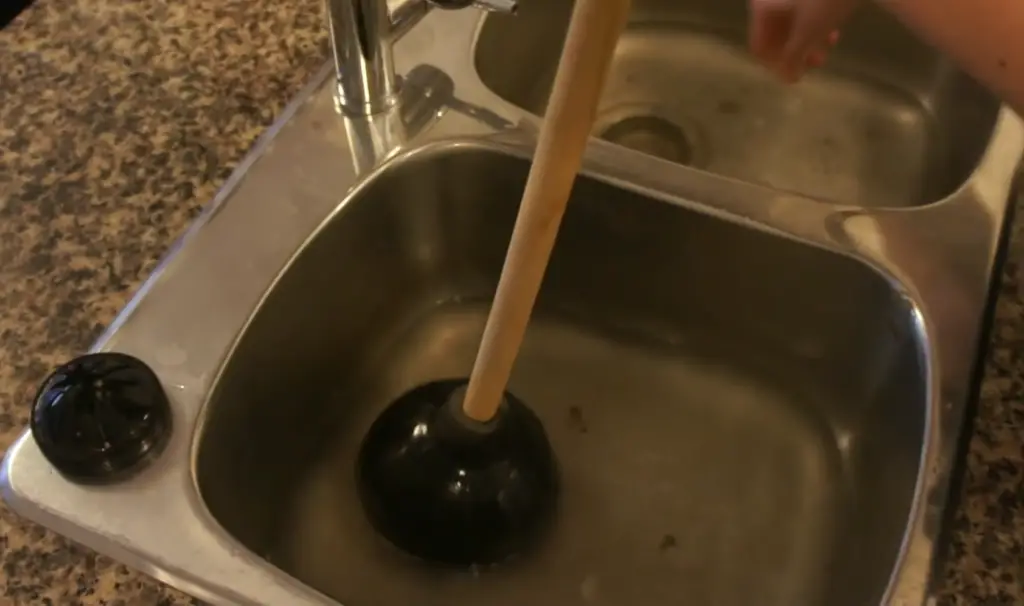
Mineral Buildup
Finally, mineral buildup is another frequent cause of kitchen sink clogs. Calcium and lime deposits can accumulate in pipes over time and create a blockage. To prevent this from occurring, you should periodically flush your pipes with hot water and vinegar to help dissolve any existing buildups. Additionally, you may want to invest in a water softener or filter system to reduce the number of minerals that accumulate in your plumbing lines. If you do experience a clog due to mineral buildup, try using a plunger or chemical cleaner before calling a professional plumber [2].
Natural Drain Cleaners
Baking Soda and Vinegar
Salt and Baking Soda
Another natural way to clean your drains is by combining salt and baking soda. Start by pouring ½ cup of table salt into your drain followed by ½ cup of baking soda. The mixture will bubble and work to dissolve any debris that is clogging the drain. Let it sit for 10-15 minutes, then flush with hot water to clear out any residue.
Boiling Water
Boiling water is a simple but effective way to naturally clean your drains. Heat up a pot of water on the stove until it reaches boiling point, then slowly pour it down your drain. This should help break down any clogs and flush out anything else that may be causing the blockage in your pipes. Be careful not to pour too fast or you could risk cracking or damaging your pipes.
Lemon Juice
Lemon juice is another great natural cleaner for unclogging drains. Squeeze the juice from one or two lemons into a cup and then pour it down your drain. Let it sit for about 15 minutes, then flush with hot water to rinse away any debris that has been broken down by the lemon juice. This method is great for removing soap scum and other bacteria buildup in your drains [3].
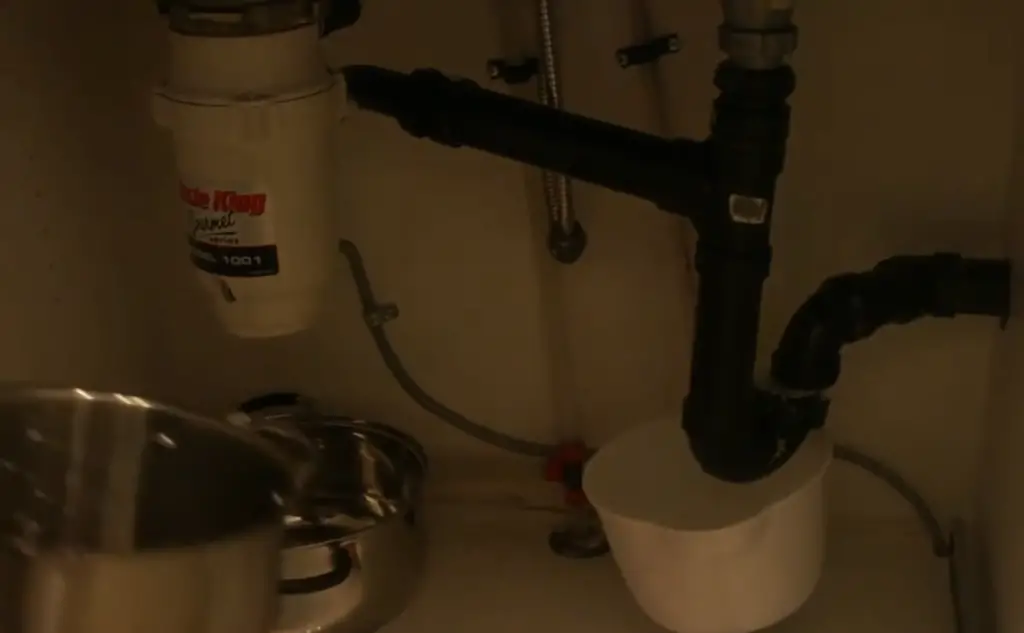
Borax
Borax is a natural mineral compound that is often used as a cleaning agent. To use borax for unclogging drains, mix 1/4 cup of borax with 2 cups of boiling water and pour it directly into your drain. The mixture will help break down any clogs and dissolve anything else that may be causing blockages in your pipes. Let it sit for 15-20 minutes and then flush with hot water to clear out any residue.
Hydrogen Peroxide
Hydrogen peroxide is a natural bleaching agent that can be used to clean your drains. To use it, mix 1/4 cup of hydrogen peroxide with 2 cups of warm water and pour the mixture down your drain. Let it sit for about 15 minutes, then flush with hot water to rinse away any debris. This method will help remove grease, soap scum, and other debris from your pipes without damaging them or causing corrosion.
How to Unclog a Double Kitchen Sink with Standing Water?
Reset Garbage Disposal
Try a Plunger to Push and Dissolve the Clog
Use a plunger to try and push the clog out of the drain. If you have a double kitchen sink, you will need to cover one side with a wet cloth so that air cannot escape when plunging. This creates a seal between the plunger and the sink making it easier for the plunger to force water pressure against the clog. Plunge several times using up-and-down motions until you create enough suction to dislodge the clog.
Use Natural Drain Cleaners Only
If the plunger does not work, you should try using natural drain cleaners such as baking soda and vinegar to dissolve the clog. Start by mixing equal parts of baking soda and white vinegar in a bowl. Then, pour this mixture down the affected kitchen sink drain. Let it sit for about 15 minutes before flushing it with hot water. The combined action of these two ingredients should help break down any debris that is blocking the pipe.
Remove the P-Trap and Use the Plumber’s Snake
If none of the above methods work, you may need to remove the P-trap (the curved pipe found under most kitchen sinks) and use a plumber’s snake. Turn off the water supply and empty out any remaining standing water in your sink. Disconnect the P-trap from both the sink drain and the main sewer line. Use a bucket to catch any excess water or debris that comes out of the pipe when you disconnect it. Then, insert your plumber’s snake into the pipe until you reach whatever is blocking it, and twist it back and forth to break up or extract whatever is stuck inside.
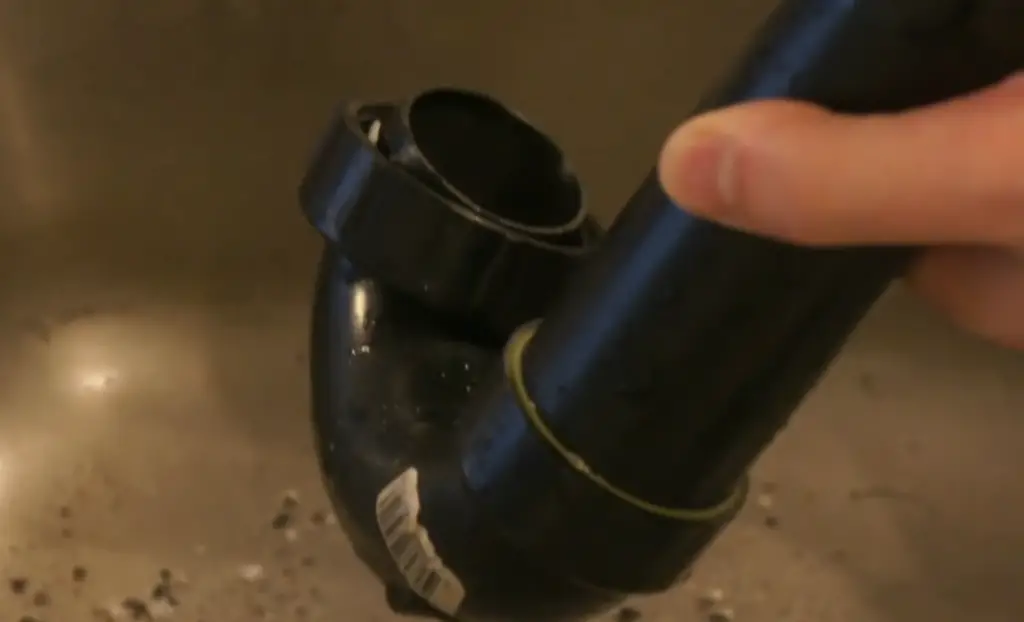
Call a Plumber to Fix It
If the clog is beyond your skill level, it is best to call a plumber. A professional plumber can inspect and identify any other underlying problems that may be causing the clog. Depending on the situation, they may recommend using a drain auger or hydro jetting to clear out more stubborn blockages [4].
How to maintain a double kitchen sink to prevent clogging?
Maintaining a double kitchen sink can help to prevent clogging. Here are some tips on how to do this:
- Clean the sink regularly with mild detergent and warm water. Use an old toothbrush or pipe cleaner to get into tough corners and crevices where dirt accumulates. This will help keep your plumbing clear of debris and buildup;
- Install strainers on each side of the sink—both hot and cold—to catch food particles, hair, and other debris that may be washed down the drain. Check these strainers frequently for any blockages and empty them if needed;
- Avoid pouring grease or fats down the drain as they can solidify in your pipes and create a blockage;
- If you notice your sink has started to fill with water, check for any clogs or blockages in the pipes. Use a plunger to try and dislodge any obstructions;
- If the clog persists, contact a qualified plumber who can use professional tools and techniques to clear the drain and get your sink back up and running again quickly;
- Regularly inspect the pipes underneath your sink for signs of wear and tear or damage that could lead to leaks or burst pipes which may contribute to clogging up your double kitchen sink;
- Consider investing in an enzymatic cleaner or chemical-based product that helps break down organic material stuck in drains which can help to prevent clogging;
- If you’re replacing your faucet, make sure the new one is designed for a double kitchen sink and that it fits correctly so that there are no leaks or obstructions in the pipes;
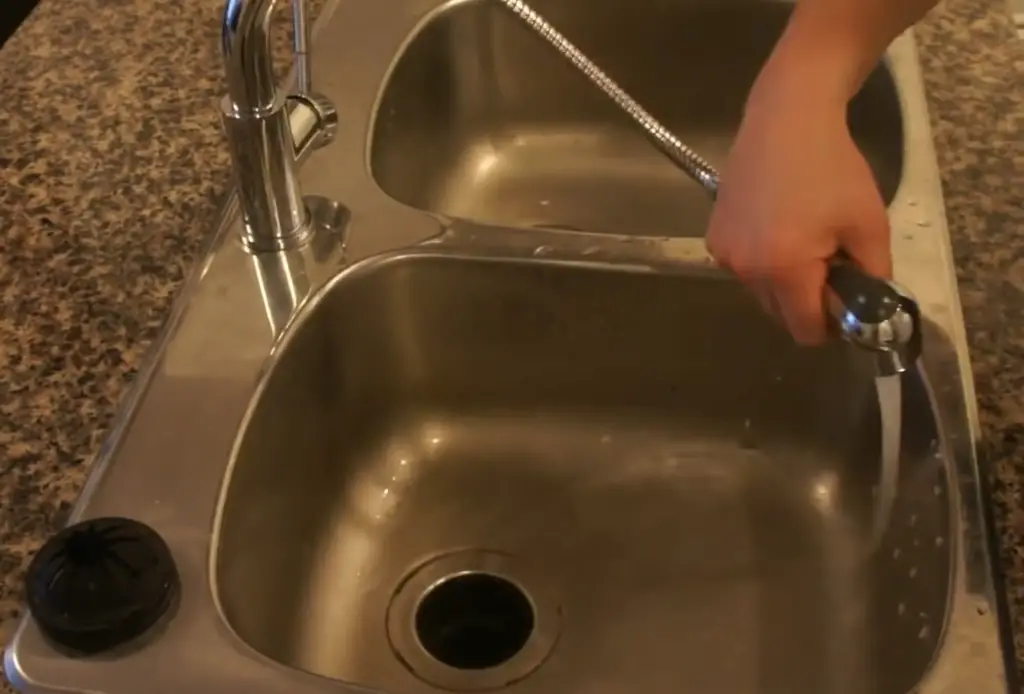
Follow these tips to maintain a double kitchen sink and help prevent clogs and blockages. Regular cleaning, inspection, and maintenance can go a long way toward keeping your plumbing in top shape! No matter how vigilant you are with maintenance, however, there may come a time when you need professional help due to major clogs or blockages [5].
Tips for Keeping Your Drain Smelling Fresh
Unfortunately, some drains can smell unpleasant. To help keep your drains smelling fresh you can try a few of these tips:
- Use vinegar or baking soda to clean and deodorize your drains. Mix equal parts of vinegar and water in a spray bottle. Spray the solution into the drain, let it sit for 10 minutes, then rinse with hot water. Baking soda can also be used as an odor absorber. Sprinkle baking soda down the drain and let it sit overnight before flushing with hot water;
- Install a sink strainer to catch food particles that may get flushed down the drain and cause odors over time. Clean out the strainer every few days to avoid any odors from building up within your pipes;
- Use citrus peels to deodorize your drains. Simply drop a few lemon, lime, or orange peels down the drain and let them sit overnight before flushing with hot water;
- Place an odor absorber in your sinks such as activated charcoal tablets or baking soda sachets. These can be changed out every few weeks to keep odors under control;
- Boil a pot of water and pour it down the drain periodically to flush out any accumulated debris that may be causing odors. This will also help dissolve soap scum buildup which can contribute to foul-smelling drains over time;
- If you have persistent bad smells coming from your drains, contact a plumber to determine the cause and find a solution;
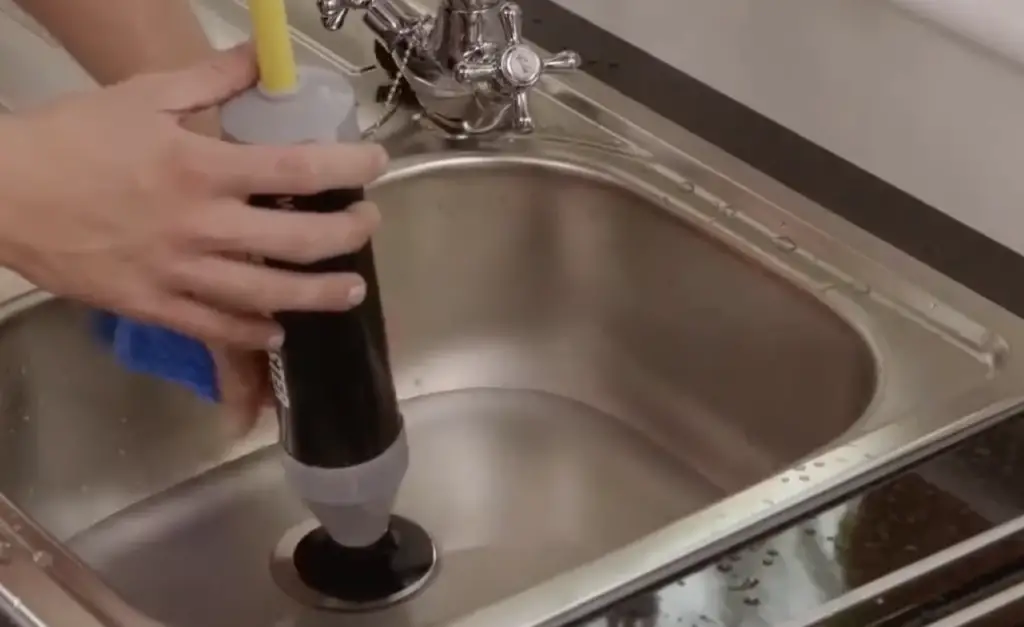
FAQ
How do you unclog a double kitchen sink full of water?
There are some tips that you can follow to unclog a double kitchen sink full of water:
- If the sink is completely blocked, use a plunger to release the clog by pushing and pulling vigorously;
- If the blockage is not too severe, then try pouring boiling water into the drain to help dislodge any debris or grease that may be blocking it;
- Another natural remedy is to pour one cup of baking soda followed by one cup of white vinegar down each side of the sink. Wait for fifteen minutes before flushing with hot water again. The chemical reaction between the acid and base will sometimes help break up clogs;
- You can also use a plumber snake or auger if the clog is deep and difficult to reach. This tool should be able to dislodge the blockage from further down the pipes;
- Finally, if all else fails, you may want to contact a professional plumber for assistance with unclogging your double kitchen sink full of water;
How do you get standing water out of a clogged sink?
To get standing water out of a clogged sink, the first step is to identify and remove the source of the blockage. This can be done easily with a plunger or a plumber snake/auger. Once the source of the blockage has been removed, your sink should start draining slowly. If it does not, you will need to manually remove any remaining debris and water from the basin using a cup, bucket, or mop.
If there is still standing water in your sink after removing the source of the clog, you may need to use an enzyme-based drain cleaner or vinegar-baking soda solution to help break down any remaining particles that are preventing your sink from draining properly. Additionally, you may need to snake the drain again if the blockage is particularly stubborn. If you are still having issues, it may be time to call an experienced plumber for assistance.
What should I do if my sink won’t hold water?
If your sink won’t hold water, first check that there are no cracks or holes in the basin that could be allowing the water to leak out. If none can be found, then you may have a problem with your pipes or drain line that requires professional help. Without proper diagnosis and repair by a plumbing expert, this issue will most likely continue and worsen over time. If you suspect a blockage is preventing your sink from holding water, use a plunger to try and dislodge the clog or snake the drain to see if anything is blocking it. If you can’t seem to get rid of the blockage, then you should contact a plumber for assistance.
What should I do if my sink is overflowing?
If your sink is overflowing, first make sure that there isn’t a blockage or other problem preventing proper water drainage from occurring. If no such issue can be found, then the most likely culprit is a buildup of grease or debris in your drains which needs to be cleared out. Start by using a plunger to try to dislodge any blockages that could be causing the overflow. For more stubborn blockages, you may need to use a plumber’s snake/auger or an enzyme-based drain cleaner to help break down and remove any debris that is preventing your sink from draining properly.
Can you put Drano in a sink with standing water?
Under no circumstances should you ever pour Drano, or any other chemical drain cleaner, into a sink with standing water. This is because the chemicals in these products are highly reactive and can cause dangerous fumes to form when they come in contact with water. In some cases, the chemicals may even react violently with each other and could cause serious injury if inhaled. Instead, try using a plunger or plumber’s snake/auger to remove any blockage that might be causing the overflow, and then use an enzyme-based drain cleaner for tougher clogs. If your issue persists, call a professional plumber for assistance as soon as possible.
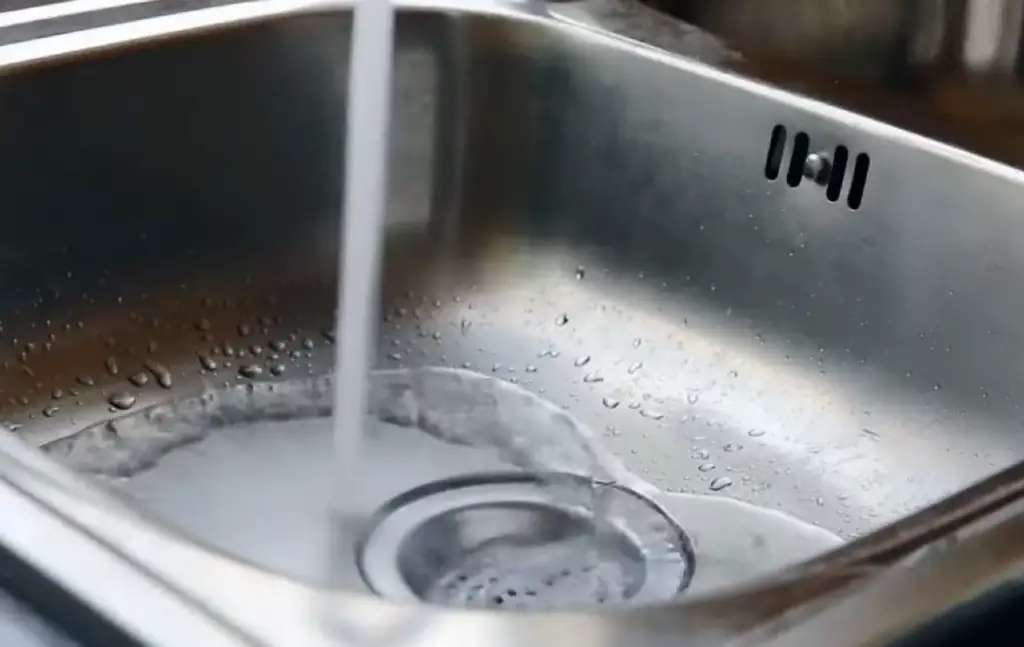
Can plunging a sink make the clog worse?
It is possible for plunging a sink to make the clog worse, although this is typically not the case. When using a plunger, you should always be careful to cover any overflow holes and use short and steady strokes to avoid dislodging any chunks of debris that may have accumulated in the drain or pipe. If you’re unsuccessful after several attempts, then it may be wise to try snaking the drain or using an enzyme-based cleaner before attempting to plunge again. If all else fails, contact an experienced plumber for assistance.
What tool can I use if my double kitchen sink is full of water?
If your double kitchen sink is full of water, first check that there isn’t a blockage or other problem preventing proper water drainage from occurring. If no such issue can be found, then you may need to use a plunger or plumber’s snake/auger to try and dislodge any debris that could be causing the overflow. Additionally, you can try using an enzyme-based drain cleaner to help break down any stubborn clogs. If the issue persists, then it may be time to call in an experienced plumber for assistance in diagnosing and repairing your double kitchen sink.
Useful Video: How To Unclog A Sink With Standing Water
Conclusion
Unclogging a double kitchen sink is a relatively simple process that requires the right tools and knowledge of the correct steps to follow. It can take some time, depending on your level of experience and the severity of the blockage, but it’s worth it to save money on expensive professional services. With patience and care, you should be able to unclog your kitchen sink with ease. So don’t give up! Keep at it until you succeed!
References:
- https://www.croppmetcalfe.com/blog/inside_your_home/why_is_my_kitchen_sink_clogged_on_both_sides/
- https://www.punctualplumberdallas.com/blog/why-kitchen-sink-keeps-clogging/
- https://www.hgtv.com/lifestyle/clean-and-organize/5-drain-cleaners-you-can-make-at-home
- https://discoverplumbingandrooter.com/how-unclog-double-kitchen-sink/
- https://www.tubshroom.com/blogs/tips/ways-prevent-kitchen-sink-clogs

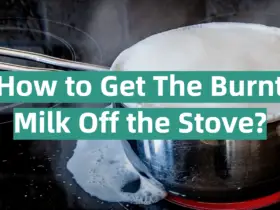



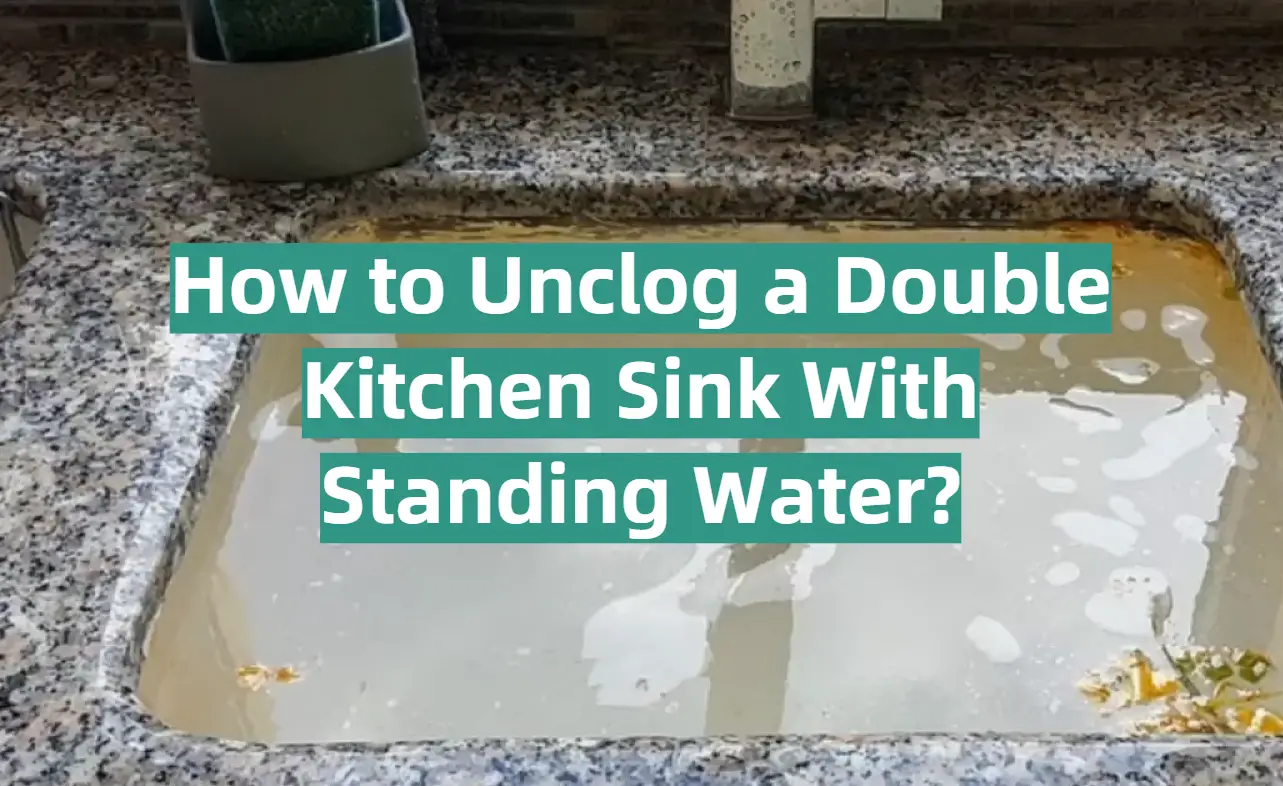
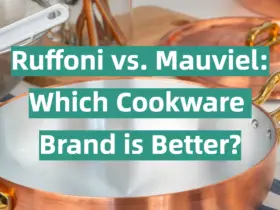
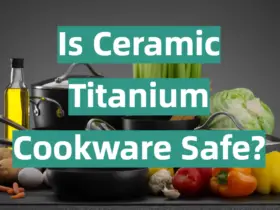




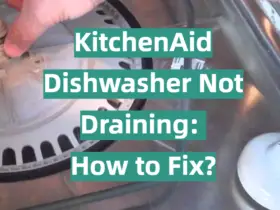
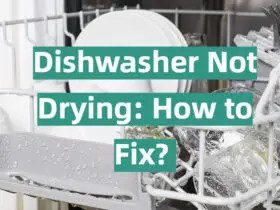
Leave a Reply